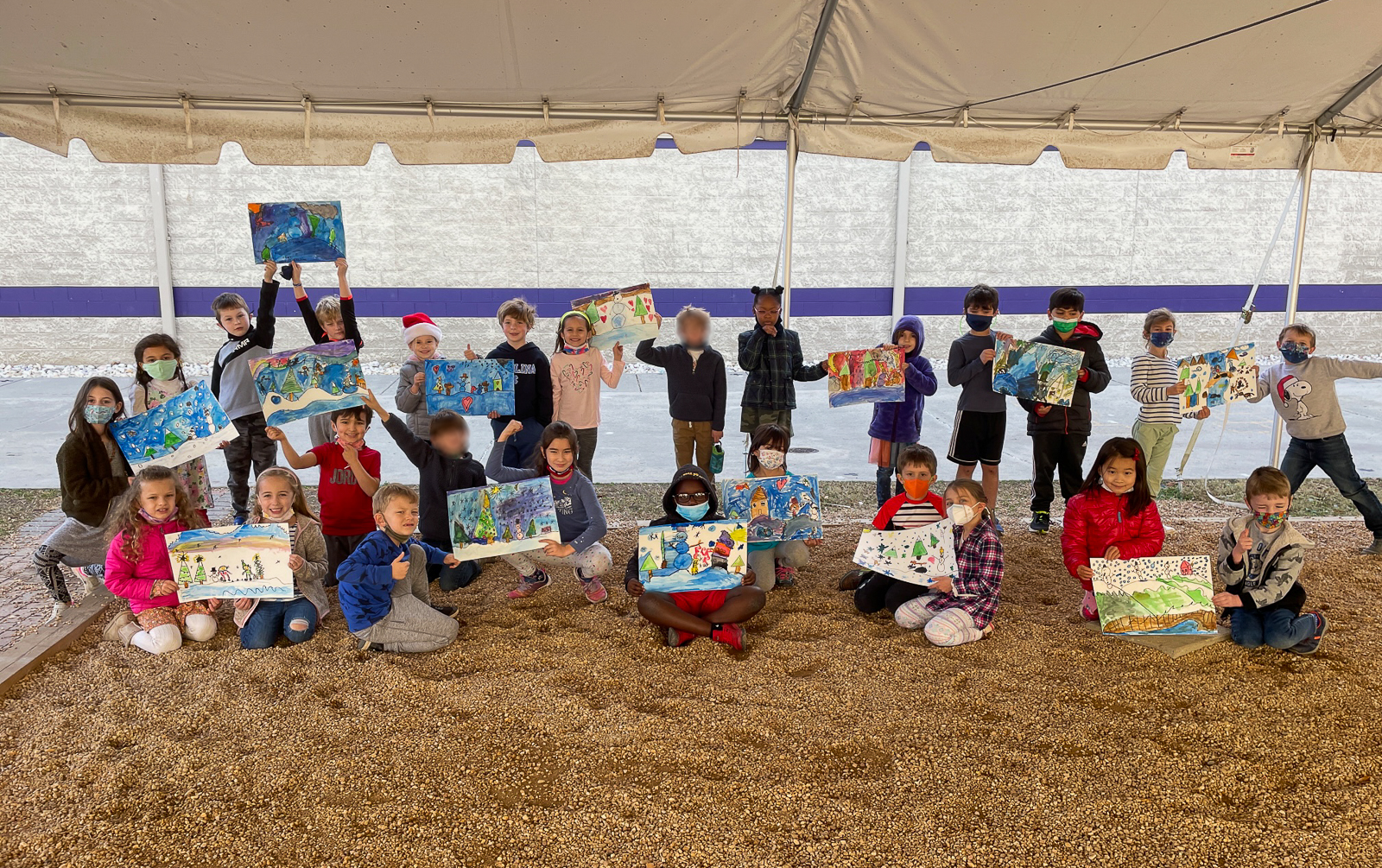By Doug Norry
January 6, 2022
For many years, January 1 corresponded with the removal of one unhealthy food from my diet in an attempt to improve how and what I eat. This yielded some positive results. It has been more than fifteen years since I’ve tasted a donut and nearly that long since I’ve enjoyed a soda. More recently, at my wife’s urging, I’ve attempted to augment my teenage diet with some healthier foods. For example, I’m trying to consume a banana each day this year.
To be sure, I am not alone in making resolutions to start the year. This year’s top ten most common New Year’s resolutions are as follows:
- Lose weight
- Eat healthier or change diet
- Get fitter and take more exercise
- Spend more time with family and friends
- Be more aware and take care of mental health
- Sort out finances and cut back spending
- Travel more
- Take up a new hobby, sport or other interest
- Be more environmentally friendly
- Look for a new job
Of these ten, only 1-2 focus on people other than ourselves. Resolutions are personal, and perhaps it is nonsensical or even paradoxical to associate personal growth with thinking of others.
Earlier this week, Middle School students wrote down their resolutions for the new year. As one might expect, many focused on self-improvement in the personal and academic settings:
- Get more sleep
- Study in advance
- Be more organized
- Stay on top of assignments to avoid having missing work
In addition to these, several students mentioned improving in the area of how they interact with others. Here is my favorite (from a sixth grader!):
Mainly I would like to work on my connections with others. I would greatly like to strengthen the bonds I have already built. I will focus on having better conversations and having quality time with the people who are important to me. Lastly I want to create new friendships and be there for anyone who just needs someone to talk to. That’s how I want to grow this year.
A key component of our mission at TDS is to raise socially responsible citizens who possess a genuine concern for others, and who are committed to leading lives of purpose. We want our kids to do well, but we also want them to be, and do, good. This response, and others like it, suggest that our students are well on their way to striving for these lofty goals.

